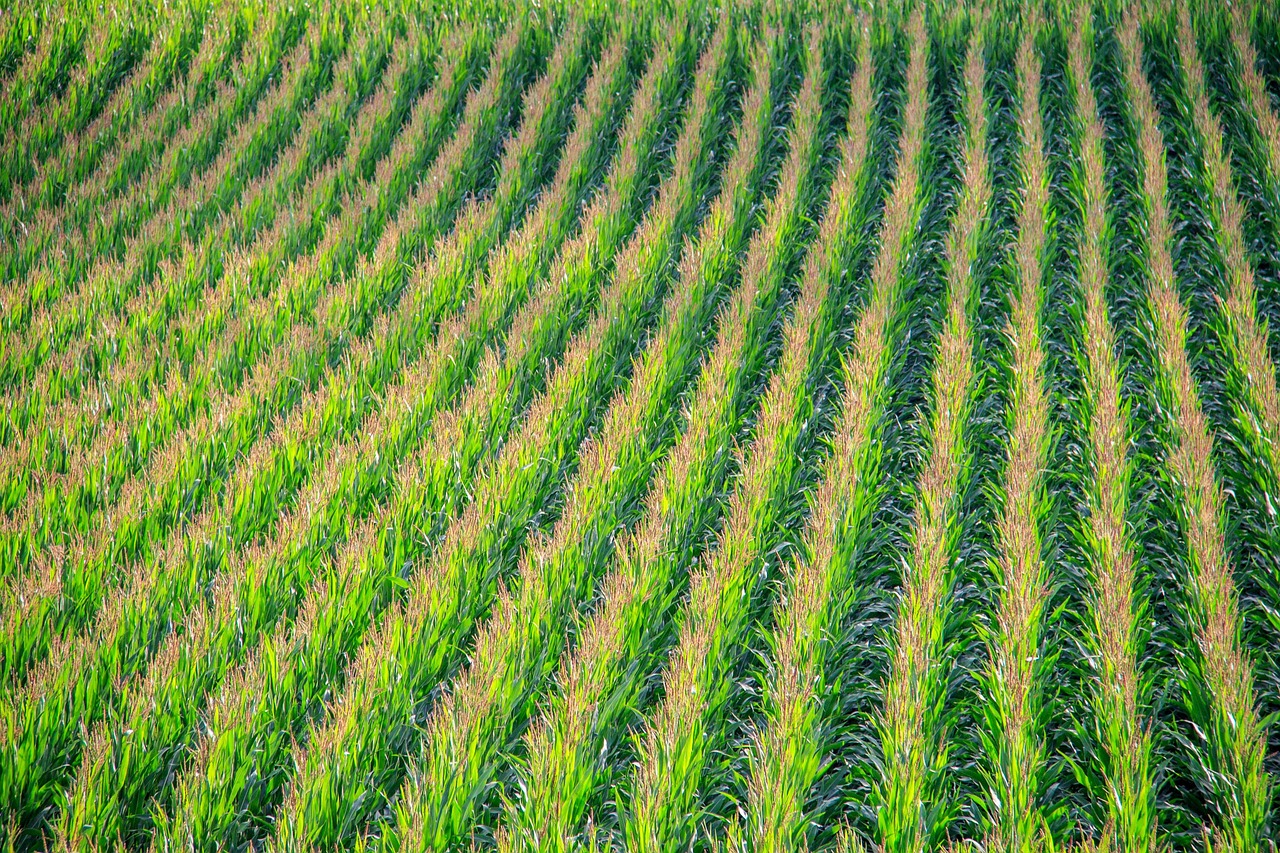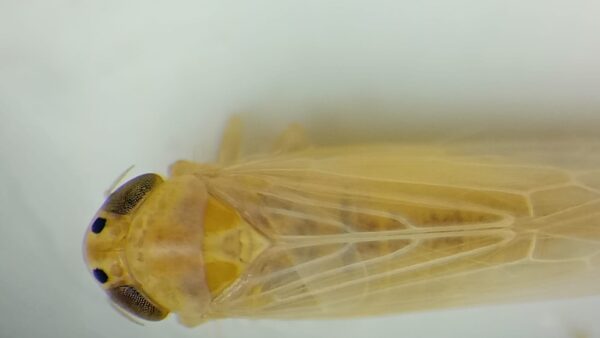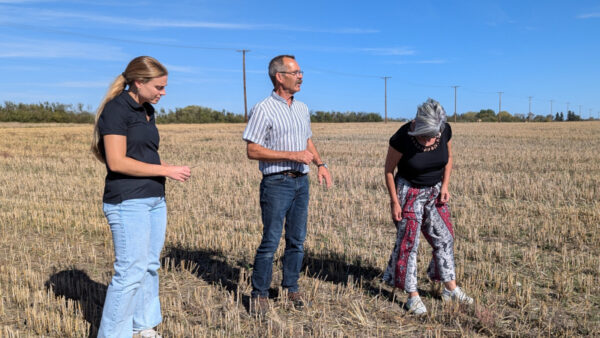The Secretariat of Agriculture, Livestock and Fisheries of the Ministry of Economy of the Nation, through INASE and with the support of the National Seed Commission, has simplified the process for registering new plant varieties. By eliminating previously mandatory procedures, the reform aims to accelerate the introduction of new cultivars to the market and enhance the seed industry’s ability to respond quickly to biotic and abiotic challenges.
This change revokes INASE Resolutions 108/1997, 307/1997, 118/1998, and 44/1994 from the former SAGYP, which regulated the registration processes for various species.
A key reform is the removal of the requirement for Comparative Performance Tests (ECR), which were previously mandatory for inspection species such as cotton, rice, sunflower, corn, soybeans, sorghum, wheat (both bread and noodle), barley, and alfalfa. These tests, which could take 2 to 3 years, were a significant barrier to introducing new varieties, as the results were necessary for completing the Audit File.
According to a press release, the elimination of this step will facilitate the registration of new varieties and improve decision-making based on other factors, such as market needs.
The Resolution that optimizes the requirements for registering new plant varieties in the National Registry of Cultivares (RNC) can be consulted here.












